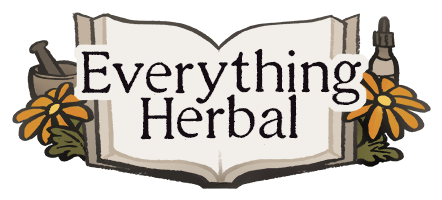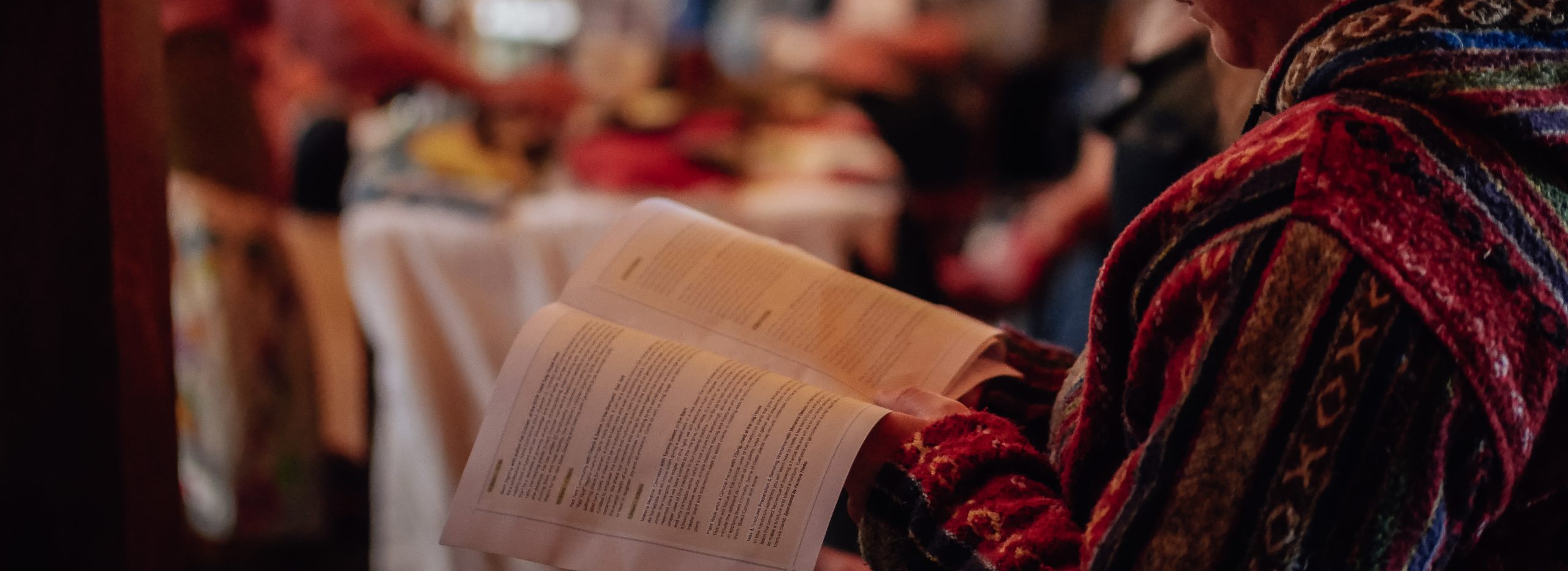Herbal Education and the Medicine of Experience
Reflections on Herb Camp and the Meaning of Being “With It.”
After a long period of social isolation, we were finally able gather under the banner of ‘Herb Camp’ – the first event of its kind in Ontario, a herbal gathering with a strong focus on teaching clinical skills to budding herbalists and herbal enthusiasts from many different walks of life. Students who were at different stages in their herbal education attended the event, and there was a strong feeling of conviviality amongst the group along with a real eagerness and willingness to share and to learn.
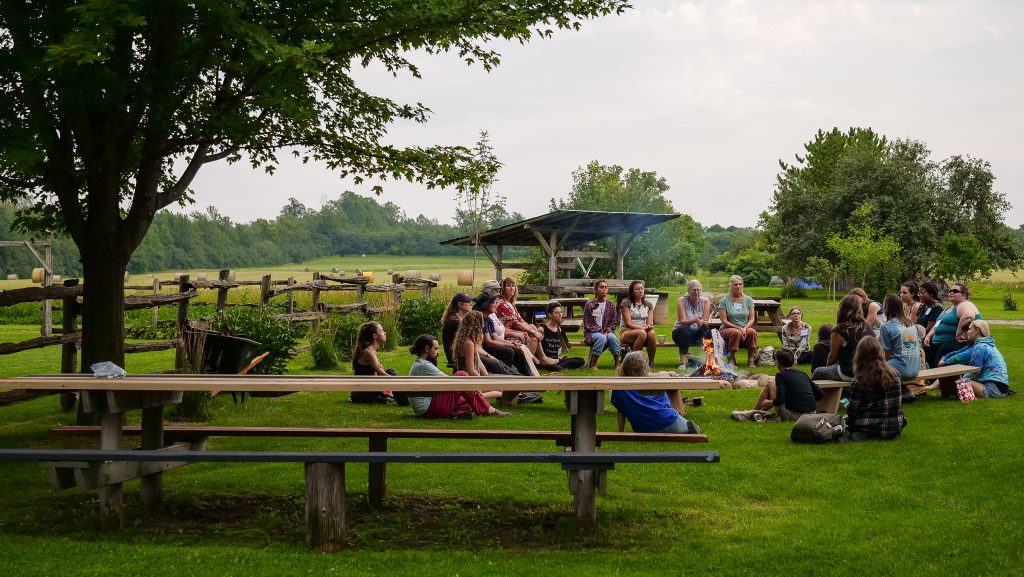
One of the things that Herb Camp really illuminated and affirmed for many of us was just how universally applicable and relevant herbal medicine is – it can be approached from wherever you are in your life, and applied in a variety of different ways, contexts, and circumstances. Some of the students were keen on learning basic skills and tips to practice herbal self and family care, while others were on the path to becoming clinicians, focused on learning how to treat serious pathology through the use of plant medicines. And it is not despite, but because of these differences in orientation, that Herb Camp was marked by a mutual enhancement of experience and insight. The teachings that are received from the plant world are simultaneously personal and universal in their scope and range of applicability. Arguably the most important quality of an herbal student and teacher alike is the ability to embrace the dimensions of experience that the plant world opens up for you, being willing to learn to follow the plants where they want to take you. Herbal medicine is a medicine of relationship and experience – of the profoundly personal and the timelessly universal.
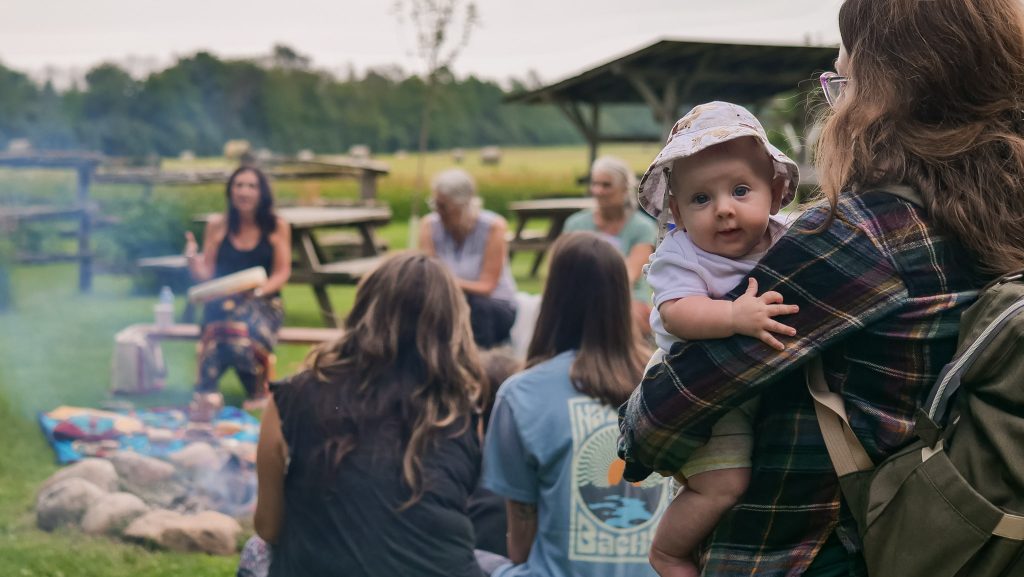
Like all of the true healing arts and sciences, there is an element of transmission that must take place when it comes to herbal education. There is clearly an essential place for facts, for textbooks, for lists and data, for lab reports and clinical trials in the training and upbringing of an herbalist. But there is an element of direct, personal experience that must also be present if an herbalist is to really come into their own. This can only happen in the flesh, tête-à-tête. The experience of working directly with the plants cannot be underestimated. An herbalist must, of course, learn to deeply see the plants that they use, to experience their medicine (the plants are more than dried material that shows up on your doorstep in plastic bags!). When you get to know an herb in person, that herb transmits some of its medicine to you, medicine that you can then carry within yourself as a gift and as a responsibility. The shift may be subtle at first, but in time, if that gift is properly nurtured, there is no going back. Before your know it, you realize that your perception of the world has been indelibly marked by all that the plants have given of themselves. It then becomes incumbent upon you to learn how to give back. With every act of transmission there comes a new facet or dimension of knowing and of sharing.
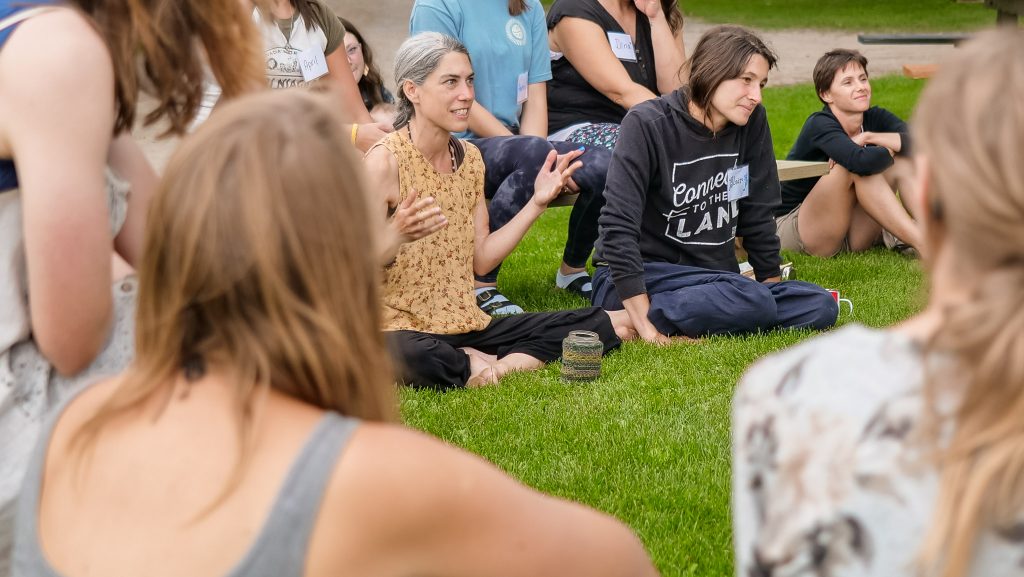
There is also the importance of direct and immediate participation when it comes to herbal education. This means in person, direct contact with a teacher and with fellow students. The same can be said of learning in general, as the great philosopher of education and social critic Ivan Illich once pointed out:
“Most learning is not the result of instruction. It is rather the result of unhampered participation in a meaningful setting. Most people learn best by being “with it,” yet school makes them identify their personal, cognitive growth with elaborate planning and manipulation.”
Our most lasting and significant memories of learning (and of teaching) are always tied to particular people and to specific places. Learning is embodied activity, and not a purely mechanical or cognitive exercise. After not having had any opportunities to gather in person for over a year, this fact really did hit home for the attendees at Herb Camp, teachers and students alike. It is shared participation and exchange in a meaningful setting that allows for deep-seated growth and development to take place. And when it comes to training in herbal medicine, this being “with it”, as Illich calls it, cannot be left out of the equation. We are, as herbalists, working with people after all, and we cannot learn to work with people who come to us in need if we do not learn how to be with others in the fullest and deepest sense of that word.
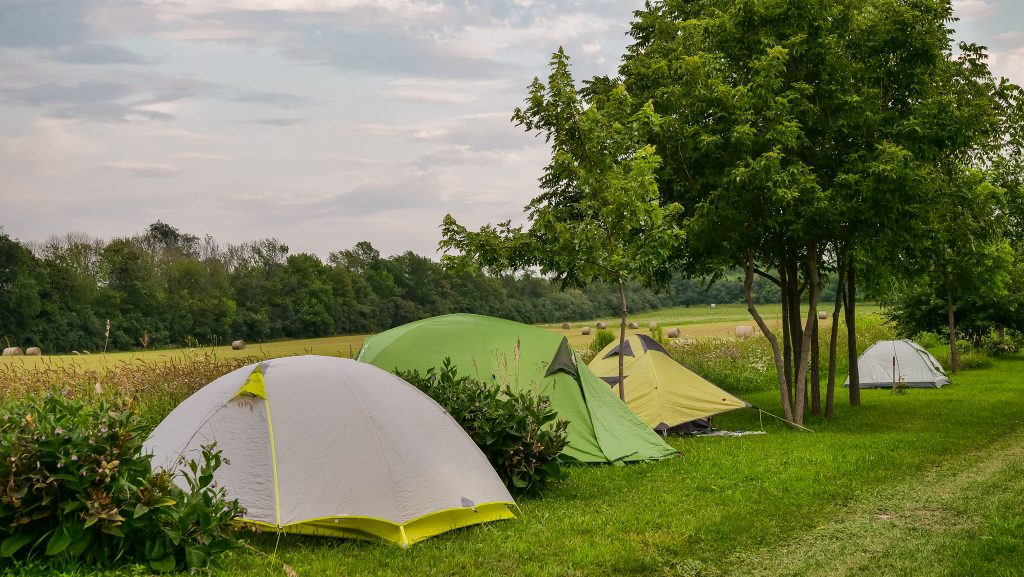
There is something truly therapeutic about being with others, as every therapist and medical practitioner, irrespective of their training or orientation, will tell you. Healing is a process that often takes place in the depths of the self, but the self is always already being with. Part of the significance of multi-day educational gatherings is that they allow us the time and space to step outside of our habitual routines and to really be with others, to talk and share jokes and meals as well as to explore involved and complex insights and ideas. Intimacy and conviviality is a crucial part of what differentiates a true learning environment from an impersonal place of instruction. When we allow ourselves to be with others in this way, we are engaging in an act of self-care. Education should be healing, for in learning we are given the opportunity to tend to ourselves, and to come back to ourselves anew. And as Illich reminds us, if we do not learn how to take care of ourselves, and cherish the opportunity to do so, then we cannot hope to be effective when it comes to taking care of others:
“Effective health care depends on self-care; this fact is currently heralded as if it were a discovery.”
Herbal medicine has known this all along. Herbal medicine is intimate. It is as much about the path that took you to the place where you are today as it is about the here and now. It is about the care of the self as much as it is about the care of others, and of the earth itself. Herbal medicine is not concerned with the production of medicine as a commodity, but with the propagation of medicine as relationship and experience. There is no better way to learn this medicine than being with others.
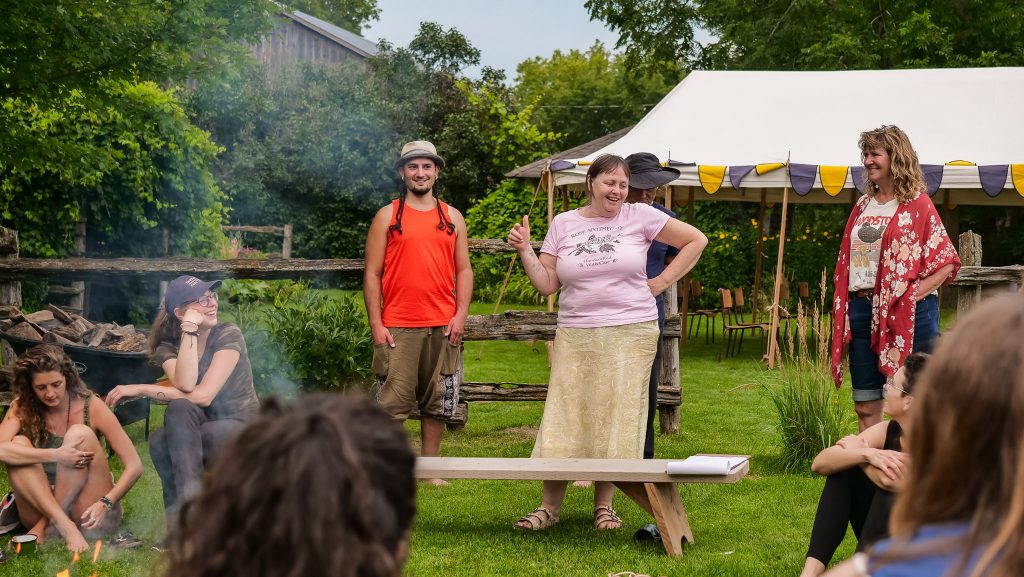
Honouring our Teachers
Honouring our Teachers: Experiencing Reality and the Art of Learning to See the World.
Judgment has its place in the arena of practical life. Without judgment, it would be near impossible to navigate many of the fine details of the world of average, everyday experience. Judgment comes from the head. There is a quickness to the world when we perceive and relate to it through our heads. Being oriented from the head may allow for a certain efficiency and expediency in the practicalities of daily life, but it can also lead us to rush and ignore nuances, complexities, and the implications of the unseen relationships and subtle dynamics that underlie the given.
A great deal of conventional education is oriented around the head. This leads to an abstract view of the world, which in the extreme gives one the impression that the world can best be understood through calculation. This, again, is a world that is oriented around following a designated set of rules and orders. Consensus reality, for short.
Where our head rushes, the rest of our body goes slowly. The body has its own natural rhythms and cycles that can’t so easily be coerced into rushing or speeding up. Nor would it be in the least advantageous to do so. The body operates on its own time, whereas the head can be influenced, directed, or even manipulated by the dictates, pressures and demands of consensus reality.
One of the primary causes of illness can be said to be a lack of integration between the head and the rest of the organism (the whole being made up of body, soul and spirit). When the head grasps things too quickly, or in an incomplete manner, the rest of our organism has a difficult time assimilating and absorbing what the head has become convinced of. When we only perceive the world and come to knowledge through our heads, this can create a state of disconnection that can lead to deep-seated feelings of dis-ease, sending waves of dissonance through the organism, eventually resulting in physical pathology. In so far as our teachers allow us to recognize this, helping us to balance and assimilate the head with the rest of our being, they can be said to be great healers.
When our organism is not able to assimilate what the head has been presented with, then there is no chance of that information engendering joyfulness. Our greatest teachers can also be said to be caretakers of the life of the soul, helping us to recognize and understand our feelings, and thereby laying the foundations for the adoption and embrace of empathy and compassion in our daily lives. This is why teachers have great ethical and moral responsibility.
Teaching in the true sense is an act of transmission. Transmission is what makes teaching an art: the teacher shares with their students what they have been able to experience and assimilate in their own lives, shares with their students all that they themselves have been shown by their teachers. This act of transmission can be traced back in an endless and unbroken succession of teachers, stretching all the way to the very beginnings of human culture. Teaching is an intergenerational activity that draws on the infinite repository of human wisdom, our living human heritage, and allows this to be received and developed by the younger generation in a good way. If there is a connection between teacher and student, a bond of sympathy is formed which allows the student to borrow and eventually integrate as their own the tools for navigating reality and shaping and refining experience that the teacher has been graced with.
Thinking in the true sense can only happen from out of the whole organism. Thinking from the head alone can often lead to dissociation, to feeling cut off and separated from the world. The words ‘thinking’ and ‘thanking’ are etymologically related. To think means to give thanks for what one has been given to see. The teacher is the one who is tasked with facilitating this ability of the student to learn to truly see. The teacher guides the student so that they can learn to teach themselves, and in time teach others as they have been taught (but always and forever in a new way, for each student and each teacher have a uniqueness that is only and truly their own). A significant part of the art of teaching consists in allowing the student to learn to see the world with reverence, humility, and even awe. Without our teachers we would be nowhere, for it is they who show us how and in what ways we are connected with the world. It is they who facilitate the development of our experience of reality.
